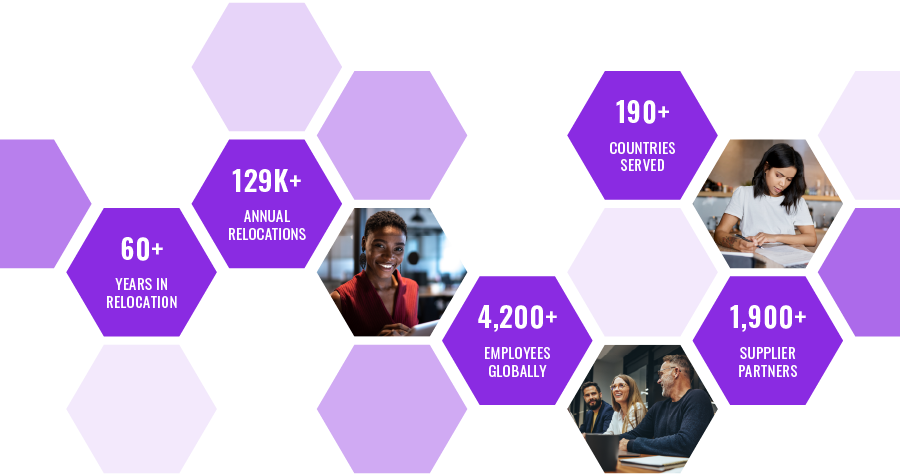Conversations With Mobility Leaders: The Evolving Employee Experience
Sirva makes it a regular practice of engaging mobility thought leaders from various industries to learn about their challenges, explore areas of opportunity, and discuss current trends within the relocation space. These important exchanges surface and help solve the issues we face as a mobility community and fuel new and interesting ideas to propel us forward.
In this first installment of our series titled, “Conversations With Mobility Leaders”, we address the evolving employee mobility experience and its impact on the Mobility and Talent Acquisition functions. Following are highlights of some of the main topics we’ve been discussing. Please be sure to read our full summary for details on what your mobility peers are facing and how they’re strategizing to improve the experience for their mobile employees.
- Shifting Business Needs: Balancing Cost and Talent – new demographics, evolving employee expectations, and an increase in requests for more flexibility from both employees and hiring managers
- The Relationship Between Talent and Mobility: A Continuing Evolution – a greater focus on growing partnerships and alignment between Mobility and Talent Acquisition teams, with an emphasis on the talent pipeline
- Changing Demographics and Demand for Flexibility Drive New Approaches – impact of changing demographics on organizations, particularly with the influx of millennials and Generation Z employees entering the workplace, varying by industry and company culture
- Digitization vs. Human Support: Finding the Right Mix – balancing human-centric approaches to support with technology-enabled solutions, acknowledging a push for digitization, but recognizing the need for live contact
Mobility leaders agree that shifting economic and cost pressures, changing employee profiles, and advances in technology are certain to factor into organizations’ mobility strategies for the foreseeable future. Finding the right blend of policy, digitization and human contact, and maximizing the alignment between talent and mobility will be critical to mobility program success moving forward.


